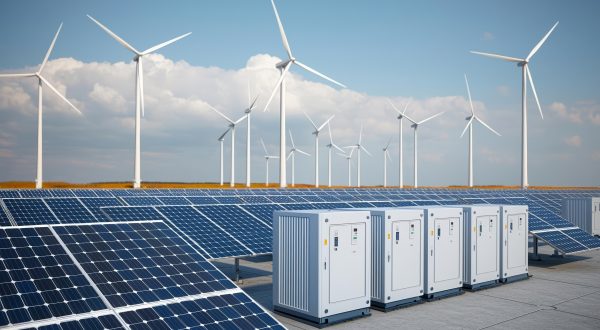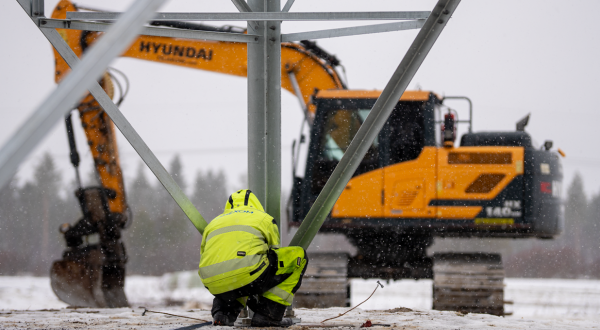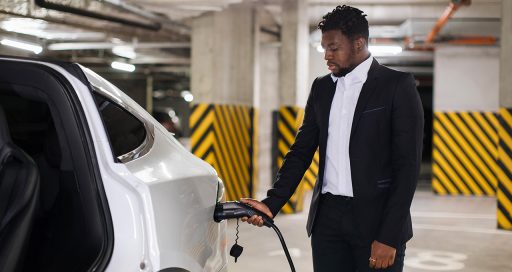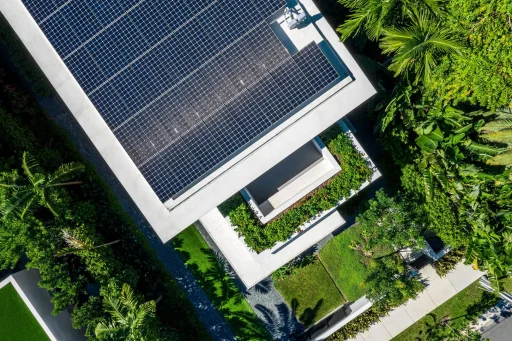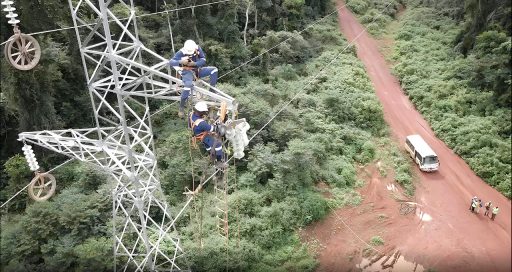The VINCI Energies brand, a specialist in dynamic urban equipment in France, has been selected to operate, monitor and maintain the Bourgogne Franche-Comté region’s network of electric vehicle (EV) charge points. The contract involves numerous challenges.
![]()
The transition to sustainable energy is central to economic recovery in France. In order to foster electric mobility, 100,000 public charge points are due to be installed throughout the region as from 2021, compared with current levels of 30,000, as part of France’s support plan for the car industry.
Managing such a network requires adequate resources, particularly in terms of maintenance. According to a January 2017 decree, an EV charge point operator must take “appropriate measures to guarantee compliance with a maximum response time in the event of anomalies affecting the use of the infrastructure.”
“Given the vastness of the region, we opt for remote troubleshooting where possible so as to minimise on–site work”
Citeos will be responsible for performing this management role in Bourgogne Franche-Comté (eastern France). It has been awarded an integrated performance-based public procurement contract by 7 intermunicipal and departmental energy authorities, representing almost the entire region.
The contract covers the operation, monitoring and maintenance of the existing network, or 382 charge points, as well as the procurement and management of 72 new points within four years. This last figure could well be exceeded in view of the region’s sustainable development goals and support from the government’s recovery plan.
Citeos will be involved in the engineering, operation and maintenance aspects. Its proprietary application City App will be used to monitor the connected charging points, while its subcontractor Freshmile will handle electronic money management.
Performance commitments
There are a significant number of stakeholder performance commitments. These state that the helpline must comply with a 17-second response time, 24/7, and a first-call resolution rate of 80%. The guaranteed availability rate is set at 97.5% for existing assets and at 98% for planned assets (including the new charge points).
Response time is one hour for emergencies and one to two working days for on-site repairs. Lastly, a preventive maintenance inspection of the charging stations must be performed at least once per year. “Given the vastness of the region, we opt for remote troubleshooting where possible so as to minimise on-site work,” says Quentin Montastier, manager of the Citeos Val de Saône business unit.
The charge points are equipped with a multi-network SIM card, and remote reading of machine data takes place every 10 minutes by GSM transmission. “Remote maintenance depends on the quality of this GSM signal, especially in rural areas,” points out Jérôme Lelu, manager of the Citeos Ingénierie Centre Est business unit. “It could be improved by adding remote antennas or connecting to the wired network.”
Another critical point is the interfacing of the CityApp monitoring tool with the charging station’s programming software, which differs according to the manufacturer. Providers E-Totem and SOBEM SCAME have been selected in Bourgogne Franche-Comté.
Delicate maintenance
The very composition of the charge points, combining hardware and software components, makes maintenance a delicate operation. A specialised technician may be required to replace an electronic card or reconfigure a microprogram.
“While Citeos’ core business is light, or power, maintaining these charge points draws on two skill-sets – signals and power,” notes Montastier.
To upgrade its skills for this, Citeos can rely on Omexom Institute, the in-house learning network attached to the VINCI Energies brand specialising in infrastructure.
Technicians have already been trained in the EV Ready standard offered by Asefa, a certification body accredited by Cofrac (French Accreditation Committee).
08/07/2021
